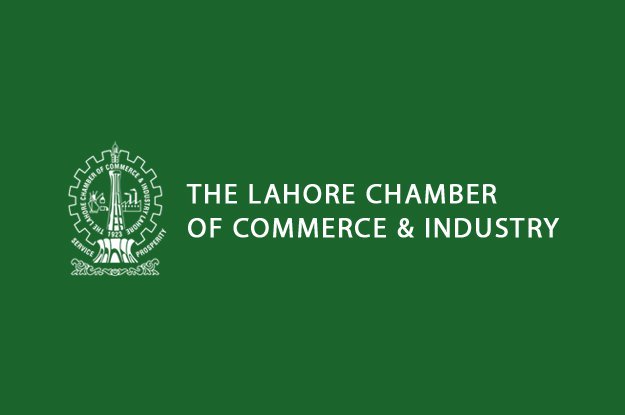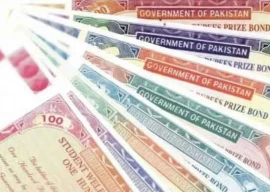
According to Basit, despite having bilateral and multilateral trade agreements with many countries, best merchandise and a lot of raw material for value addition, declining exports and runaway trade deficit call for a policy shift and a well-tailored strategy to tackle the challenges.
In a statement, the LCCI president and Vice President Muhammad Nasir Hameed Khan pointed out that Pakistan’s exports remained lower in financial year 2015-16 and recorded a 12.1% decline with shipments standing at $20.81 billion compared to $23.66 billion in the previous year.
They said a continuous decline in exports and widening trade deficit were big concerns at the moment and needed immediate attention of the policymakers.
Saying that China, Saudi Arabia, the United States, India, Kuwait, Malaysia, Japan, Afghanistan, the European Union and the United Arab Emirates were traditional trade partners of Pakistan, they decried that little effort had been made to search for new markets for Pakistani merchandise.
Pakistan had been running a consistent trade deficit because of various reasons including dependence on a few countries and on a few products for exports, unnecessary imports and lack of interest to find new destinations for Pakistan’s products.
The LCCI high-ups suggested that the government should join hands with the private sector to establish a mechanism for boosting the country’s exports, which was a prerequisite to controlling the trade deficit.
“Apart from cutting the cost of doing business, the government will have to evolve a long-term strategy to make its products attractive in the global market,” they suggested and underlined the dire need for diplomacy to grab a slice of the international market.
Published in The Express Tribune, January 7th, 2017.
Like Business on Facebook, follow @TribuneBiz on Twitter to stay informed and join in the conversation.









1732486769-0/image-(8)1732486769-0-270x192.webp)







COMMENTS
Comments are moderated and generally will be posted if they are on-topic and not abusive.
For more information, please see our Comments FAQ